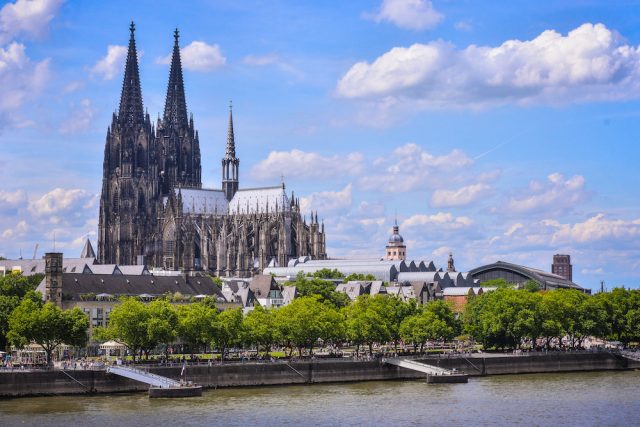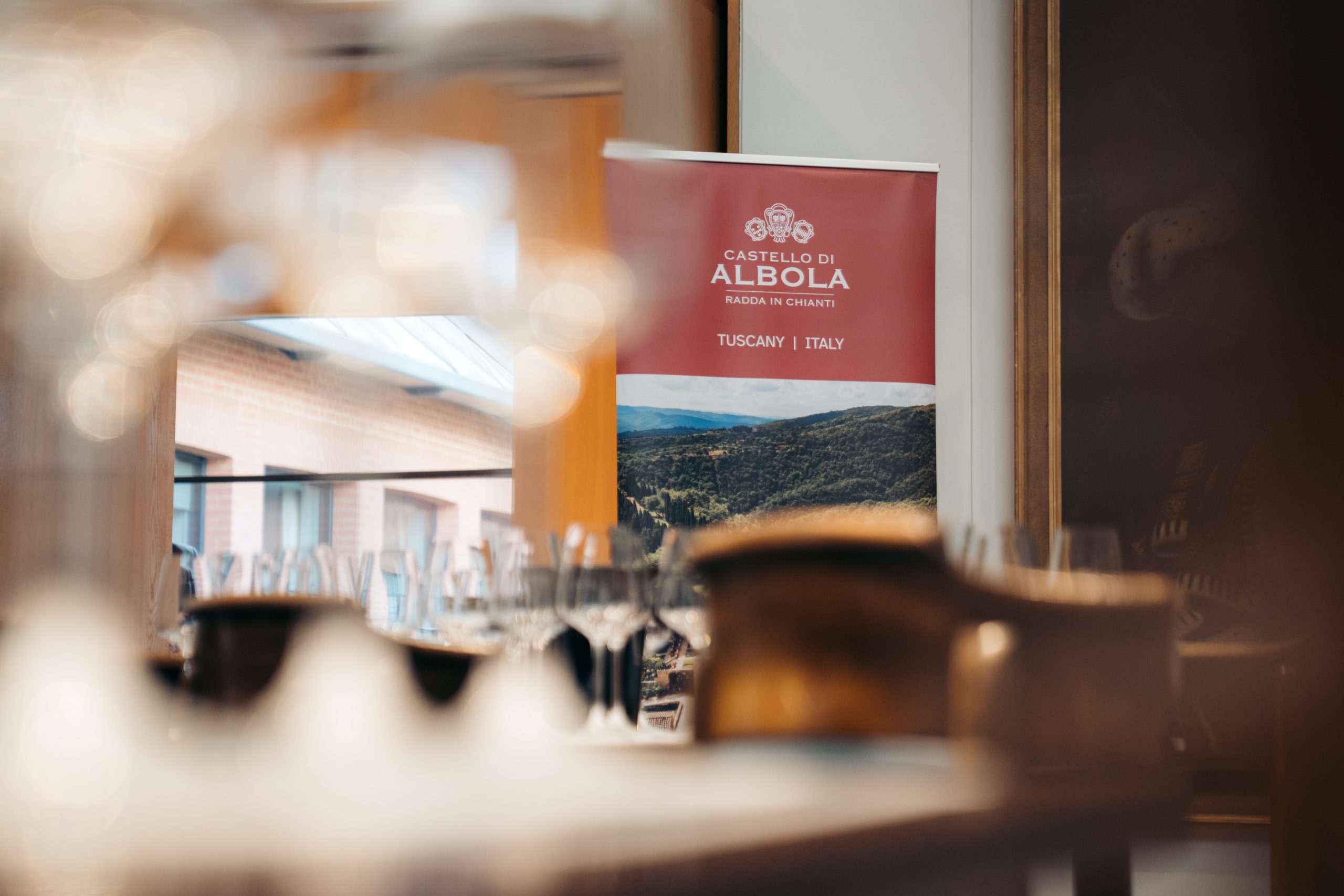Non-alcoholic beer sales double in Germany
New figures have revealed an significant increase in the sales of non-alcoholic beer in Germany across the last decade.

The data from the Federal Statistical Office in the country showed that drinkers are increasingly consuming low- and no-alcohol products and variants of alcoholic brands as either an after-work or weekend choice of beer.
Production of non-alcoholic beer has doubled in the last ten years with 556 million litres produced and €548 million in sales.
In additional the statistical office, called Destatis, highlighted that low-alcohol products such as radlers, which are a mix of beer and lemonade, increased from 328 million litres in 2013 to 363 million litres last year.
But the report did also state that “there is still much more beer with alcohol being produced”.
Long term decline
However the news comes against a backdrop of breweries struggling as overall beer sales decline. Beer sales in Germany dropped 4.5% in 2023 as part of this long-term downward trend.
Partner Content
Figures from Destatis earlier this year showed that German-based breweries and distributors sold about 8.4 billion litres (2.2 billion gallons) of beer last year but the numbers didn’t include non-alcoholic beer and beer imported from outside the European Union.
According to the findings, back in 2022, beer sales increased 2.7% owing largely to a recovery in demand both at home and in the EU following the end of pandemic-related restrictions.
But it pointed out that demand in both markets was lower again in 2023.
Euros
It will be hoped the Euros in the country will have arrested some of the decline.
German brewers had called on fans to consume millions of steins of lager during the Euro 2024 championship this summer, which was held at various cities across the country.
Hopefully this will be the case, as some cities, such as Dortmund, struggled to keep up with the demand of thirsty fans during the games.
Related news
Why we are witnessing the rise of Thai craft beer in America




